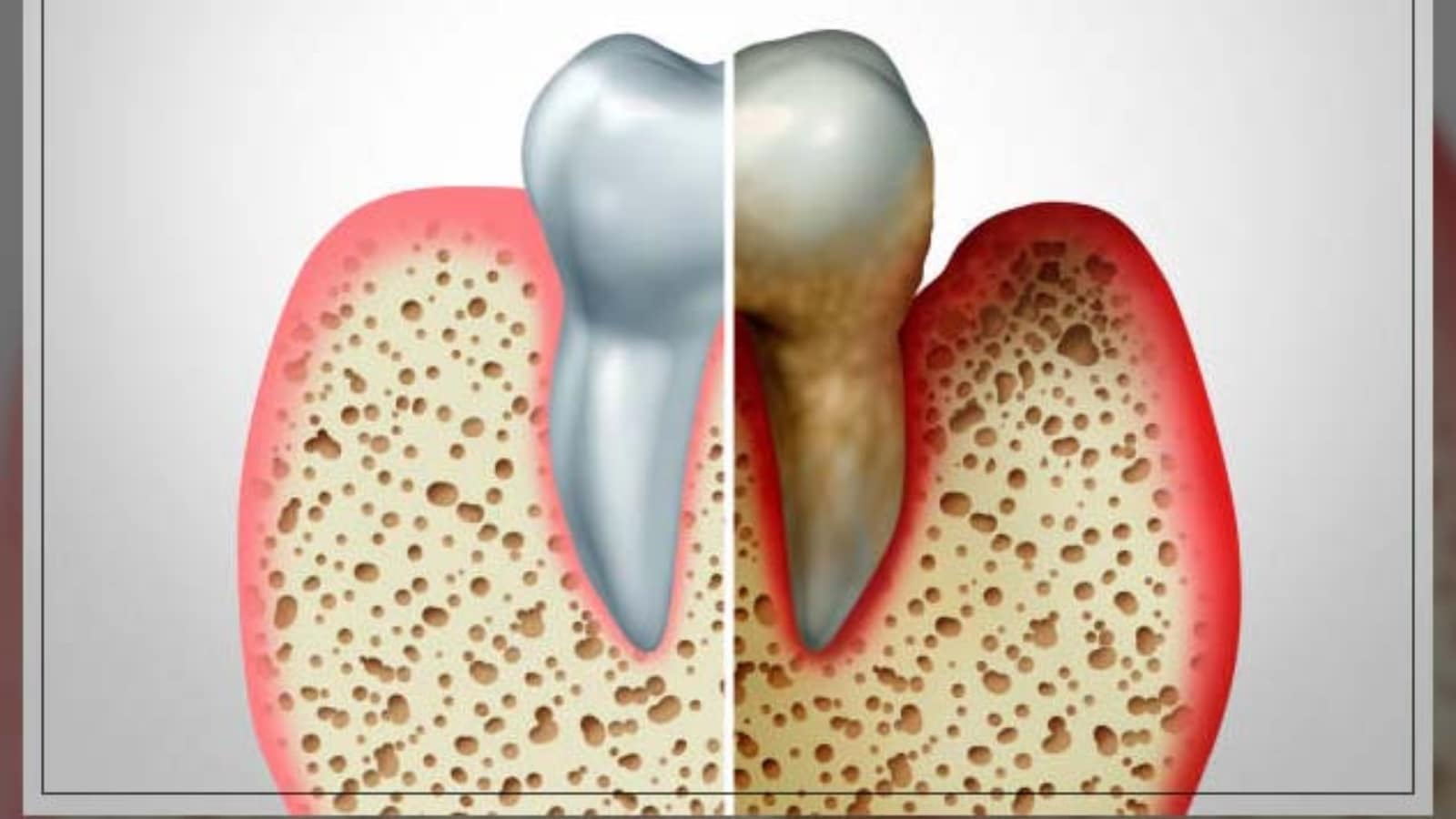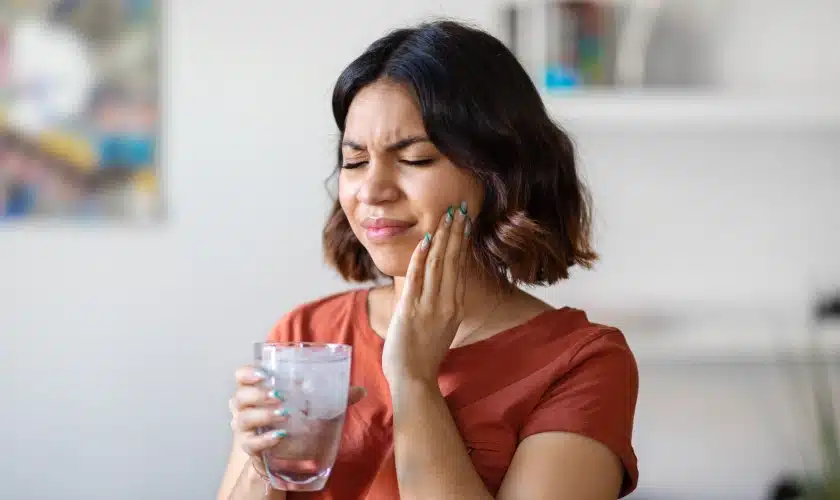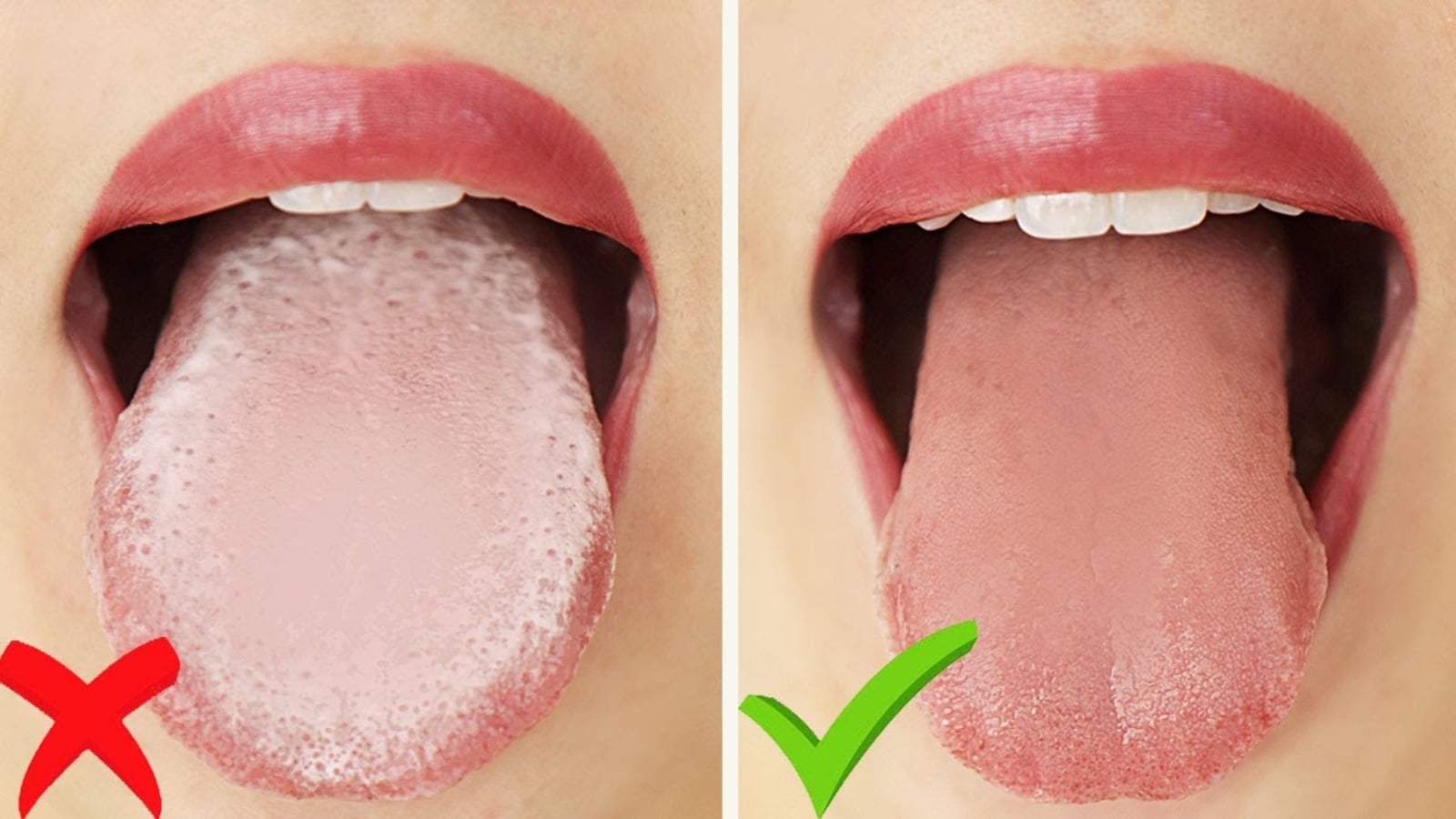
The Link Between Osteoporosis and Oral Health
Osteoporosis, a condition marked by low bone density and a higher risk of fractures, is often seen as unrelated to dental health. However, growing evidence highlights a strong link between osteoporosis and oral health. This blog post will explore the connection between these two conditions, discussing shared risk factors, possible consequences, and preventive strategies to maintain both bone and dental health.
Shared Risk Factors
Several factors can contribute to both osteoporosis and poor oral health. Understanding these shared risk factors can help individuals take proactive steps to protect their bones and teeth.
Age:
As we age, our bones naturally become thinner and more fragile, increasing the risk of osteoporosis. Additionally, older adults may experience tooth loss or gum disease due to factors such as wear and tear, reduced saliva production, and certain medications.
Gender:
Women are more likely to develop osteoporosis than men, especially after menopause. However, men are also at risk, particularly as they age.
Diet:
A diet low in calcium, vitamin D, and other essential nutrients can contribute to bone weakness and an increased risk of osteoporosis. Similarly, a diet high in sugary and acidic foods can contribute to tooth decay and gum disease.
Lifestyle Factors:
Smoking, excessive alcohol consumption, and a sedentary lifestyle can negatively impact both bone health and oral health.
Medications:
Certain medications, such as corticosteroids and proton pump inhibitors, can increase the risk of osteoporosis and oral health problems.
The Impact of Osteoporosis on Oral Health
Osteoporosis can have a direct impact on oral health in several ways:
Jawbone Loss:
As bone density decreases, the jawbone may also become weaker. This can lead to loose teeth, difficulty chewing, and even tooth loss.
Increased Risk of Fractures:
Fractures of the jawbone can occur in individuals with osteoporosis, especially following a fall or other traumatic event. These fractures can be painful and may require surgery to repair.
Difficulty Wearing Dentures:
If the jawbone has deteriorated due to osteoporosis, it may be difficult to fit or wear dentures comfortably. This can affect a person’s ability to eat, speak, and smile.
The Impact of Oral Health on Osteoporosis
While the connection between osteoporosis and oral health is more commonly studied in terms of the impact of osteoporosis on oral health, there is also evidence suggesting that poor oral health can contribute to osteoporosis. Here are some potential mechanisms:
Inflammation:
Chronic inflammation, often associated with gum disease, can have systemic effects on the body, including increased bone resorption (the process by which bone tissue is broken down).
Malnutrition:
Poor oral health can make it difficult to eat a balanced diet, leading to deficiencies in essential nutrients that are important for bone health.
Infection:
Bacteria from the mouth can enter the bloodstream and travel to other parts of the body, potentially contributing to bone loss.
Preventive Measures
To protect both your bones and teeth, it is important to adopt a comprehensive approach to preventive care. Here are some key strategies:
Healthy Diet:
Consume a diet rich in calcium, vitamin D, and other essential nutrients. Good sources of calcium include dairy products, leafy greens, and fortified foods. Vitamin D can be obtained from sunlight exposure and dietary sources such as fatty fish and fortified milk.
Regular Exercise:
Engage in weight-bearing exercises to strengthen your bones. Activities such as walking, running, dancing, and weightlifting can be beneficial.
Dental Care:
Brush your teeth twice a day with fluoride toothpaste, floss daily, and see your dentist for regular check-ups and cleanings.
Avoid Harmful Habits:
Quit smoking and limit alcohol consumption.
Manage Medications:
If you are taking medications that can affect bone or oral health, discuss your concerns with your doctor.
Consider Supplements:
Your doctor may recommend supplements such as calcium or vitamin D if your dietary intake is inadequate.
Contact Your Dentist
If you’re concerned about your oral health or suspect a connection to osteoporosis, it’s crucial to consult a qualified healthcare professional. Your Butler dentist can assess the link between osteoporosis and your dental health, offering a thorough evaluation and recommending preventive measures.
The link between osteoporosis and oral health is a complex one, but understanding this connection can help individuals take steps to protect both their bones and teeth. By adopting healthy lifestyle habits, maintaining good oral hygiene, and seeking regular professional care, you can significantly reduce your risk of both osteoporosis and oral health problems.





